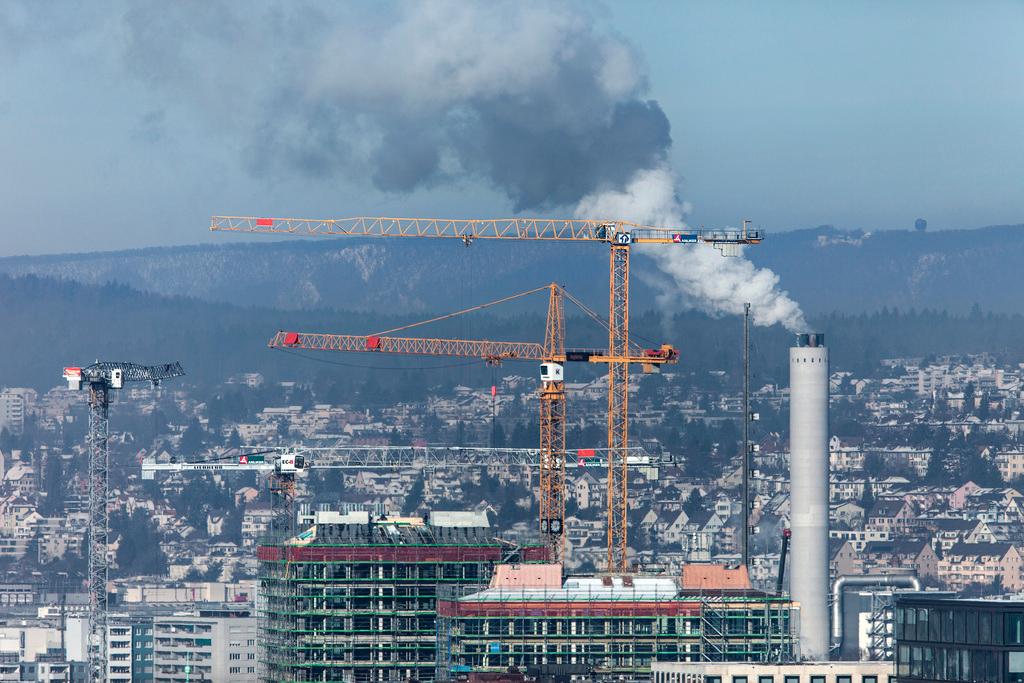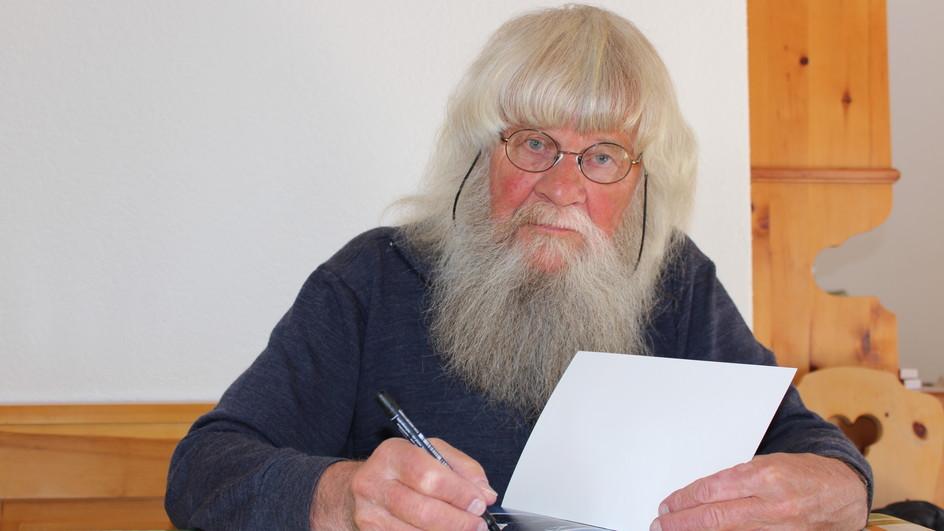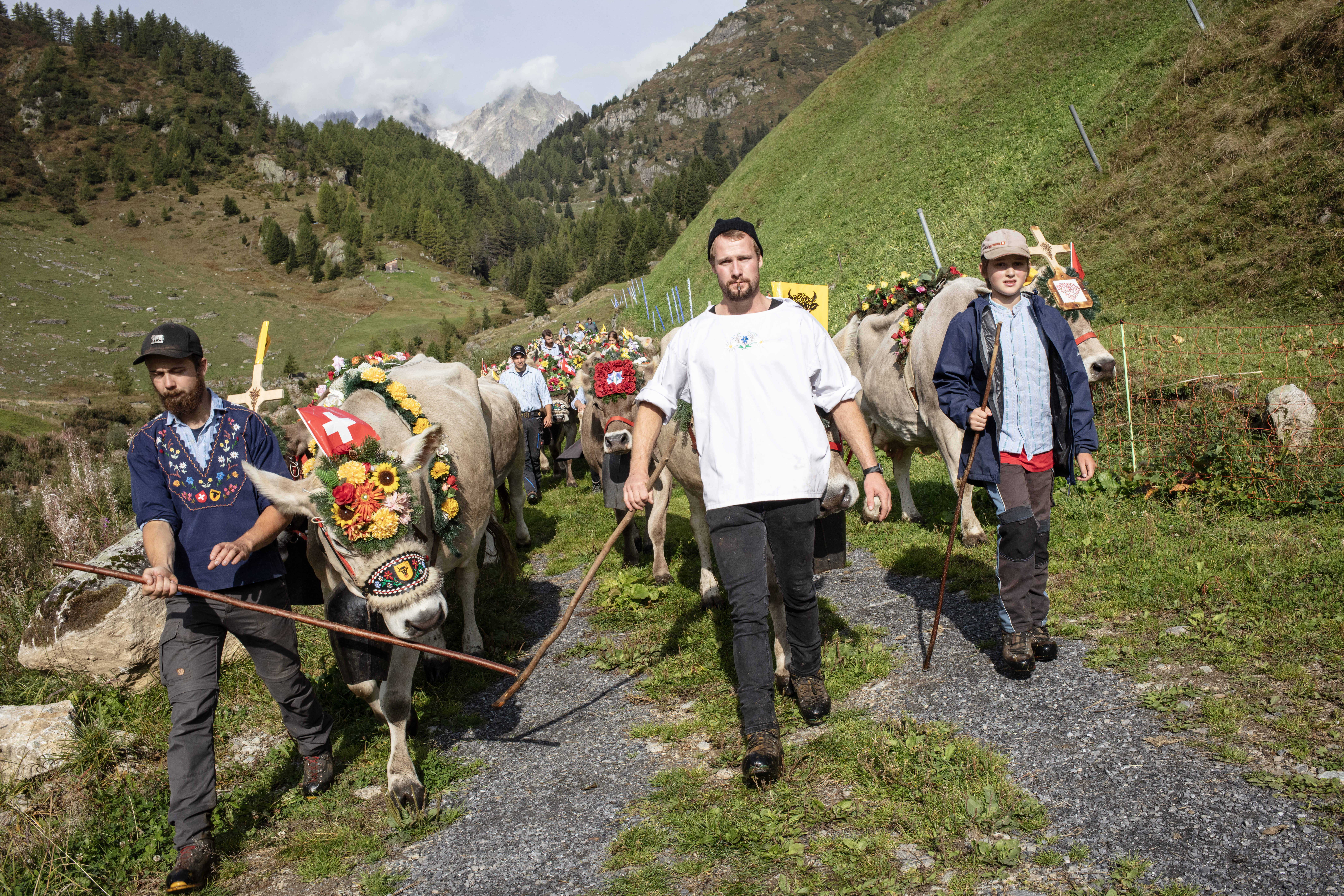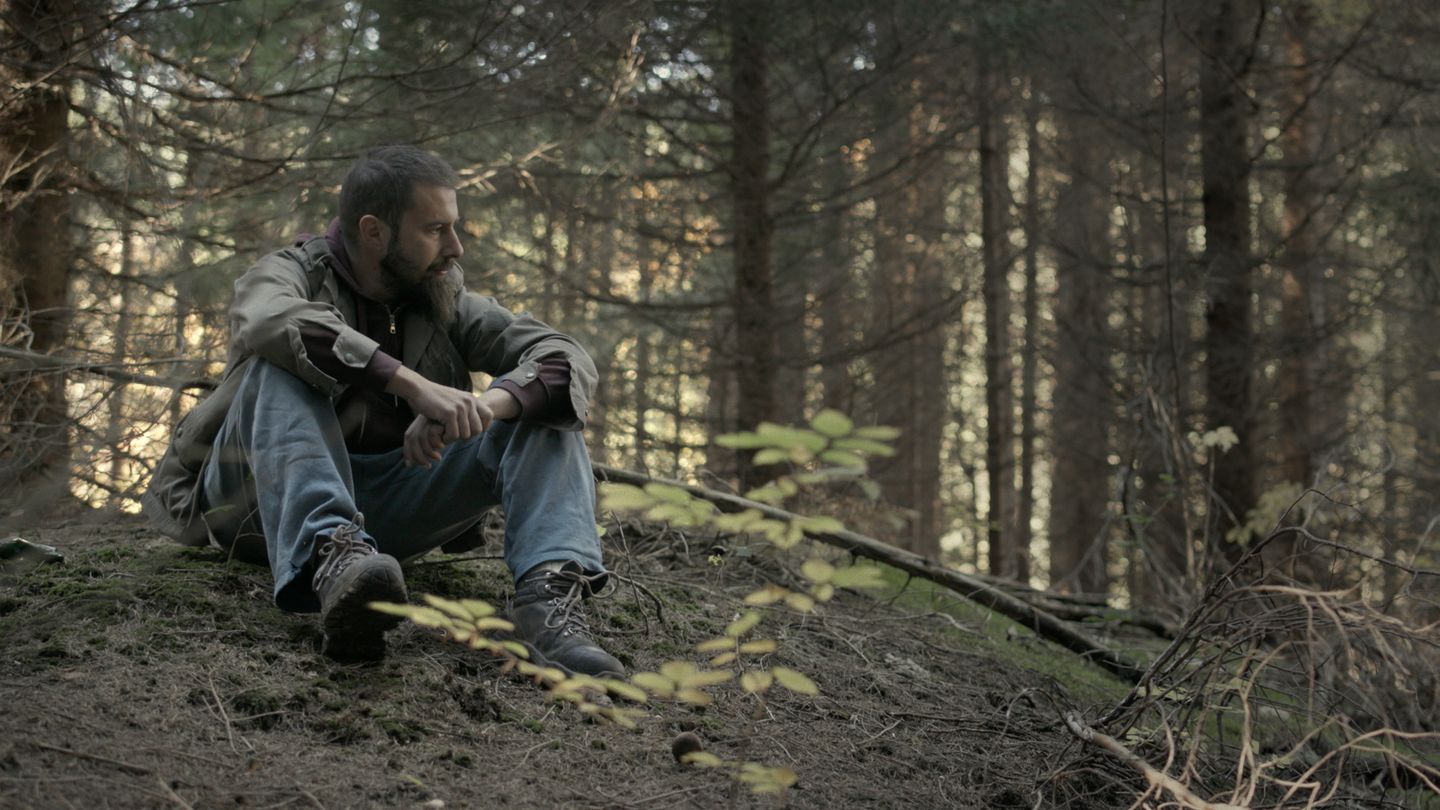
Climate sceptics continue to dismiss scientific ‘farce’

The Intergovernmental Panel on Climate Change (IPCC) is about to publish its fifth report on climate change, focusing on the role of humans as a main contributor. But not everyone agrees: some so-called climate sceptics dismiss the steady temperature increase as natural phenomena.
“It’s incredibly arrogant to believe that humans can influence the climate,” says Werner Munter, a world-renowned expert on avalanches. The 73-year-old from Bern is not a climatologist, but over the past three years he says he has read some 20 books and hundreds of scientific studies on the issue.
“Nowhere have I been able to find how carbon dioxide can heat up the climate without breaking fundamental laws of nature,” he tells swissinfo.ch. (The IPCC’s Fourth Assessment ReportExternal link explains how this is possible.)
Munter is one of the few critical voices in Switzerland to declare his scepticism in public. And he doesn’t hold back, describing the official explanation put forward by the vast majority of scientists, including the IPCC, as a “farce”.
“There’s a long list of scientific articlesExternal link which go against the IPCC’s view,” he says.
Munter, who used to work at the Federal Institute for Snow and Avalanche ResearchExternal link in Davos, does not deny things are heating up; what he disputes is the cause. In his view, humans have nothing to do with it.
‘Many factors to consider’
In support of his hypothesis, Munter points to what has already happened in the past.
“During the Holocene [the geological epoch which began around 10,000 years ago], there were five periods in which it was just as warm – or warmer – than today,” he says, adding that palaeo-climatic reconstructions show that for hundreds of millions of years there has not been any correlation between atmospheric CO2 and the earth’s temperature.
So if humans aren’t responsible for climate change, what is? “There are many factors to consider,” Munter insists.
“The only source of energy that heats the earth is the sun, not CO2. It’s the radiation and magnetic field of the sun that determines whether the planet gets warmer or colder.”

Lobbies with vested interests
“Climate sceptics – or rather people who question the existence of global warming, its man-made causes or the problematic consequences – represent 20-30% of the population in the United States,” says Mike Schäfer at the University of Zurich’s Institute of Mass Communication and Media ResearchExternal link.
Co-author of a study on climate change scepticismExternal link, Schäfer points out that in Europe the percentage is considerably lower at 13-14%.
According to Marko Kovic, president of a Swiss association for sceptical thinking, the only people who raise doubts are “individuals who have spent time browsing American websites and blogs”.
Martin Beniston, a climatologist at the University of Geneva who has contributed to IPCC reports, says in Europe there’s generally a broad scientific consensus and most people seem to agree that there’s a problem linked to human activity.
“There are more sceptics in the United States, Australia and Anglo-Saxon countries,” he said. “The vast majority are connected to the economic lobbies of the oil, carbon or car industries, which have an interest in denying the links between emissions and climate change.”
For Munter, however, it is the integrity of numerous researchers that is disappearing, pointing to a “growing corruption of climate science by politics and money”.
‘Contradictory arguments’
Thomas Stocker, co-chair of the IPCC’s Working Group I, completely rejects the theories and accusations of sceptics.
He told swissinfo.ch that the issues raised by sceptics have been known for a long time and climate researchers have already given detailed responses, referring to the IPCC’s reportExternal link published in 2013.
The sceptics’ arguments are numerous but often contradictory, according to ProClim, the Swiss Forum for Climate and Global Change.
“Some people claim that the earth’s temperature is not increasing at all, while others say the sun causes the warming,” said ProClim director Urs Neu.
The sceptics, he continued, always concentrate on individual elements of the climate system, for example the sun or cosmic rays, without looking at the full picture. Neu insists that the only theory to incorporate all the scientific methods and present a coherent picture of the climate is the one shared by the overwhelming majority of climate scientists.
One analysisExternal link of all (more than 12,000) peer-reviewed summaries on “global climate change” and “global warming” published between 1991 and 2011 found that more than 97% of the papers which took a position on the subject agreed with the consensus that humans are causing global warming.
Mathematical models
Martin Beniston acknowledges that the sun, like other natural phenomena such as volcanic eruptions, certainly has an influence on the climate, “but thanks to mathematical models we know that if we were to consider these factors alone, the climate should be colder than what we in fact observe”.
It’s not easy going against the current, admits Werner Munter, who describes himself as a “pragmatic thinker who believes in the self-regenerative powers of nature”. He says what irritates him is the “repression of the opinions of those who think differently”.
Beniston responds that scepticism, when based on well-founded statements, plays an important role in science.
“Sceptics enable researchers to fine-tune their arguments and conduct additional research in response to the criticism. Without this ‘opposition force’, progress in climate research might not have been as fast.”
The Intergovernmental Panel on Climate Change (IPCC), a UN body, is set to publish its latest report, a synthesisExternal link of the Fifth Assessment Report, on November 2.
The document contains the main conclusions of the work of three working groups which analyse the scientific basis for climate change, its impact and adaptation strategies, and mitigating options.
According to leaks by some newspapers, such as the New York TimesExternal link, the language of the draft report is even more alarmist than previous publications. For example, it says the world may already be nearing the temperature threshold that would make the loss of the vast Greenland ice sheet inevitable. While the actual disappearance of the ice sheet would take centuries, the melting process would be unstoppable. This could result in a sea-level rise of around seven metres, with additional increases from other sources like melting Antarctic ice, potentially flooding the world’s major cities.
The IPCC reports form the basis of political debates on global warming and greenhouse gas emissions.
(Adapted from Italian by Thomas Stephens)

In compliance with the JTI standards
More: SWI swissinfo.ch certified by the Journalism Trust Initiative






























You can find an overview of ongoing debates with our journalists here . Please join us!
If you want to start a conversation about a topic raised in this article or want to report factual errors, email us at english@swissinfo.ch.